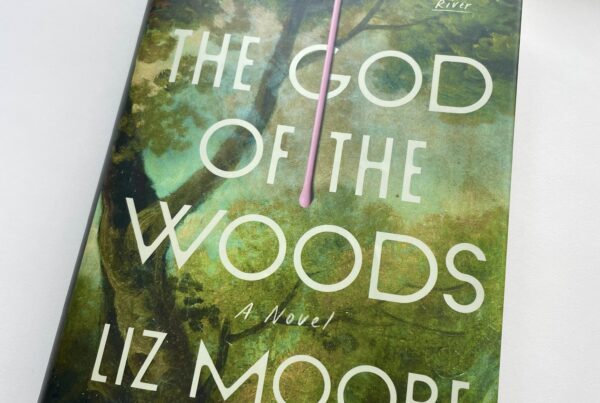As an avowed fan of historical fiction based on World War II, I am drawn to the stories of survivors. I believe we can learn from survivors how to persevere and find our own resilience. A new WWII book, Paris Never Leaves You by Ellen Feldman, offers readers additional perspective on “survivor’s guilt,” the condition some people experience after they have lived through a traumatic event. Alternating between wartime Paris and 1950s New York City, Paris Never Leaves You tells the story of a tenacious heroine, Charlotte, who is resolved to protect her child from the horrors of the past.
Secrets haunt Charlotte after she escapes Frances with her daughter, Vivi, and gains asylum in the United States. I found myself haunted, too, imagining the frightening streets of occupied Paris and the terror of trying to find food for a hungry child. Charlotte’s guilt stems from the fact that she was able to escape the violence of WWII relatively unharmed — but how she did it is a mystery to the reader. In America, Charlotte finds success working as a bookseller; however, when she learns about a fellow survivor’s memoir that may reveal her safely guarded secrets, she feels the weight of the past.
I have read several recent novels based on historical events that challenge typical perspectives on life during World War II. In addition to Paris Never Leaves You, I recommend Everyone Brave is Forgiven by Chris Cleave for the descriptions of life in London during the Blitz bombings; Last Train to London by Meg Waite Clayton for the way she describes the evacuation of children and the work of countless nameless heroines who made sure to rescue as many European children as possible prior to WWII; and The Women in the Castle by Jessica Shattuck for the way she describes the wives of German officers who failed to assassinate Adolf Hitler.
I believe WWII stories, both fictional and nonfictional, give us insight into how resilient people were and can be.




